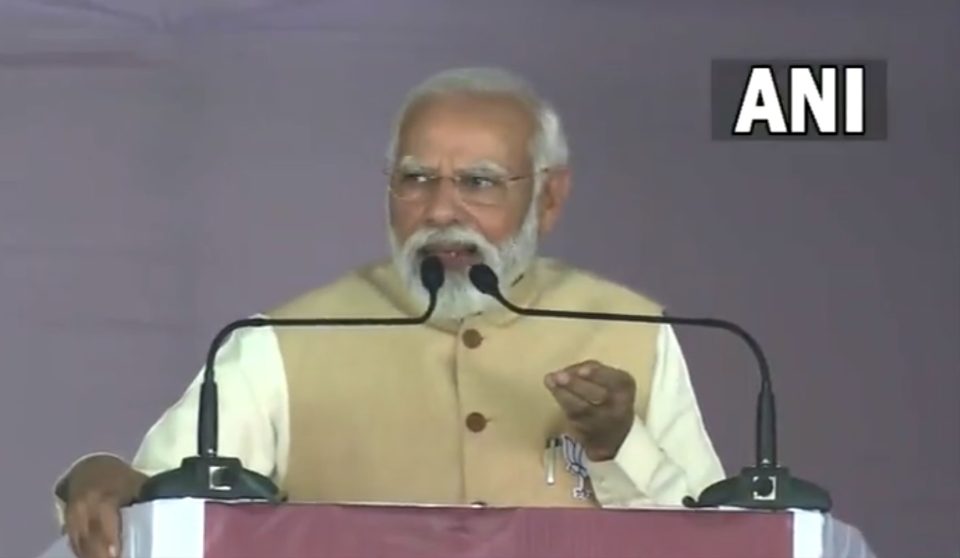
India saw “cultural rejuvenation” after Modi became PM in 2014: BJP

With less than a year to go for parliamentary elections, the BJP on Monday described the period since Prime Minister Narendra Modi became prime minister in 2014 as an era of “cultural rejuvenation” for India.
Union Minister Arjun Ram Meghwal highlighted a number of efforts ranging from the importance given to unsung heroes of the independence struggle to the building of a grand Ram temple in Ayodhya.
Meghwal, a junior minister in the cultural ministry, told the media that 231 idols stolen from India were brought back from different countries since 2014 while only 13 were retrieved between independence and 2014.
This shows the speed and scale of the government’s work, he said.
The Dalit leader from Rajasthan accused the previous Congress governments at the Centre of ignoring icons like Sardar Vallabhbhai Patel and BR Ambedkar.
He said the Modi government built the Statue of Unity to immortalise India’s first home minister and developed the panch-teerth associated with the architect of the Indian constitution.
Temple corridors
He mentioned that a grand Ram temple was being built and also spoke about the development of the Kashi-Vishwanath corridor and the Mahakal corridor in Ujjain, the inauguration of the Kartarpur Sahib corridor and celebration of the 550th and 350th birth anniversary of Guru Nanak and Guru Gobind Singh.
“We can call it an era of cultural rejuvenation,” he said.
The minister said English king George V’s statue was kept under a canopy in India Gate till 1968. After the statue was removed, the canopy remained. The Modi government put Netaji Subhas Chandra Bose’s statue there.
Meghwal hit back at the Congress over the sengol row during the inauguration of the new parliament building.
Congress leader Rahul Gandhi claimed that the ceremony denoted coronation, the BJP leader said, adding that the sengol underscored the spirit of duties for a government.

